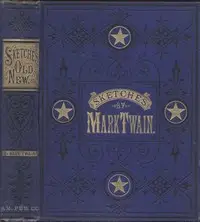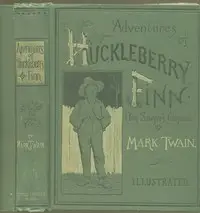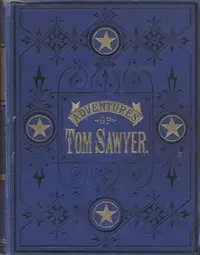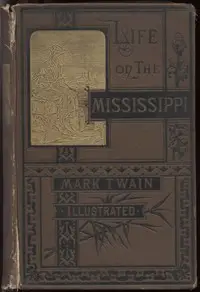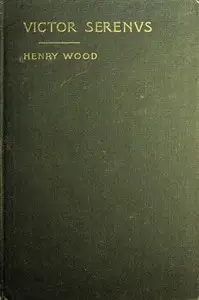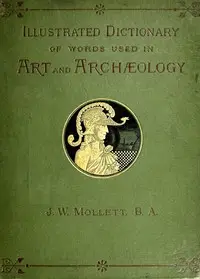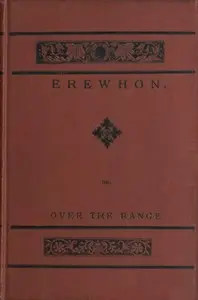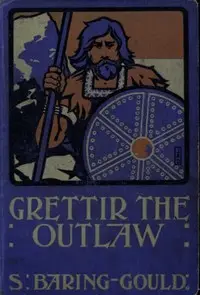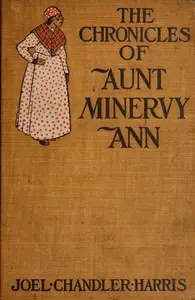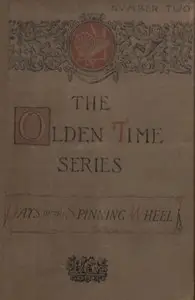"On the Decay of the Art of Lying" by Mark Twain is an essay written in the late 19th century. The book critiques the state of lying in society, arguing that while the act of lying remains as prevalent as ever, the skill and art associated with it have deteriorated. Twain humorously proposes that lying is not only a necessity but a refined practice that requires understanding and cultivation. In this thought-provoking essay, Mark Twain discusses the contradictions of truth and lying, advocating for what he calls "judicious lying." He argues that while everyone lies, the art of doing so thoughtfully and benevolently is essential in social interactions. Using anecdotes and keen observations, he illustrates how common forms of polite deception serve to enhance human relationships rather than harm them. Twain laments the absence of graceful lying and suggests that maintaining polite falsehoods can prevent unnecessary discomfort, encouraging a balanced consideration of when and how to lie with good intent. (This is an automatically generated summary.)
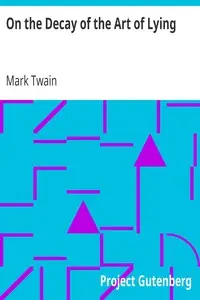
On the Decay of the Art of Lying
By Mark Twain
Essay, for discussion, read at a meeting of the Historical and Antiquarian Club of Hartford, and offered for the thirty-dollar prize. (Did not take the prize.)
Samuel Langhorne Clemens, known by the pen name Mark Twain, was an American writer, humorist, and essayist. He was praised as the "greatest humorist the United States has produced," with William Faulkner calling him "the father of American literature." Twain's novels include The Adventures of Tom Sawyer (1876) and its sequel, Adventures of Huckleberry Finn (1884), with the latter often called the "Great American Novel." He also wrote A Connecticut Yankee in King Arthur's Court (1889) and Pudd'nhead Wilson (1894) and cowrote The Gilded Age: A Tale of Today (1873) with Charles Dudley Warner.


